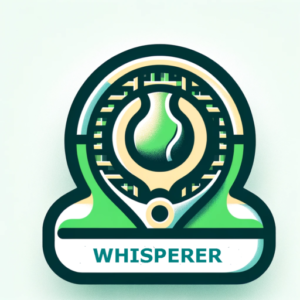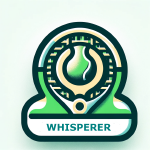Tennis Is a Mind Game — Just Ask Alcaraz
Tennis Is a Mind Game — Just Ask Alcaraz
When the fiercest battle isn’t across the net — it’s inside your own head.
Don’t You Just Love Alcaraz?
He’s not just a phenomenal athlete — he’s a true role model.
Alcaraz plays with his heart on his sleeve, fearless in both his shot selection and his emotions. But what makes him even more special? He lets us inside his mind.
That honesty teaches us something deeper than strategy or technique — it reminds us who the toughest opponent really is: Ourselves.
“Today I fought against myself, the mind… I was mad, angry with myself, talking not really good things. Just really happy that I didn’t let those thoughts play against me. I just tried to calm myself in those moments I was down and I managed to get going.”
— Carlos Alcaraz
That wasn’t just a quote. It was a confession — a raw moment of truth after a gritty battle with Ben Shelton. But it wasn’t Shelton who posed the greatest threat.
It was the storm within.
When the Mind Becomes the Opponent
In tennis, you stare down a blazing forehand, a lefty kicker that climbs above your shoulder, or a player charging in with fire. But the real war? It’s not always across the net.
Most times, it’s inside you.
Alcaraz — usually calm and fluid on court — showed us something every player can learn from: even the best can lose focus when frustration creeps in. Negative thoughts can throw off timing, shot choices, and rhythm. Learning to manage those moments is a big part of becoming a better player.
We’ve all been there:
-
In a tiebreak.
-
After a double fault.
-
When your legs feel like anchors and your mind spirals.
Mental noise drowns tactical clarity. Emotional chaos delays footwork instinct. Self-criticism paralyzes shot selection.
Reclaiming Control
What Alcaraz managed — and what every serious player must learn — is how to pivot. Not from tactics, but from toxic inner dialogue to calm, competitive resilience.
Here’s how to train for it:
-
4-7-8 breathing & rituals: Calm your nervous system between points.
-
Positive self-talk scripts: Short, powerful phrases — “Reset.” “Let’s go.” “Come on.”
-
Pattern interrupts: Use a bounce, string tap, or mantra to cut thought spirals.
-
Visualize the challenge, not the outcome: Lock in on execution, not winning.
Why Shelton Brought Out the Best — and Worst
Shelton’s game — the big lefty serve, the relentless pressure, the on-court speed — forces you to stay composed under fire.
There’s no margin for emotional leaks. Every loose point is a crack. Every moment of anger is momentum handed over. It’s not just a match — it’s a mental siege.
Shelton doesn’t just test your tennis. He tests your temperament.
Final Takeaway
Your fiercest rival isn’t always across the net. Sometimes, it’s the voice inside your own head.
Learn to compete with it — not against it — and you’ll start winning the matches that matter most.
And even then? Some days you’ll lose that mental battle.
But if you’re willing to face that opponent again and again, like Alcaraz, you’re already winning more than you think.



